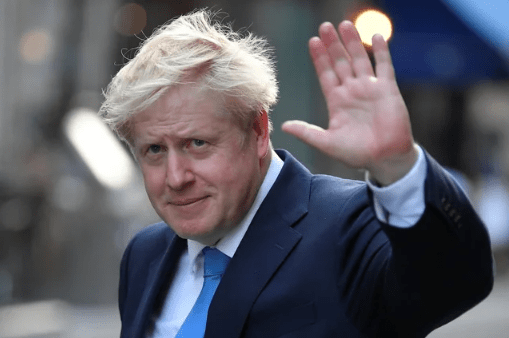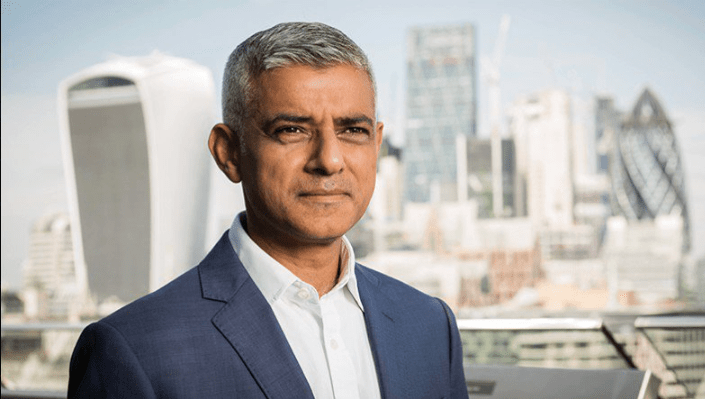Mayor of London Sadiq Khan has vowed to eradicate rough sleeping from the capital by the end of this decade, promising bold action and long-term solutions.
In a fresh commitment, Khan confirmed he has secured £17 million in capital funding from central government to support his updated strategy. This forms part of his wider ambition to address what he described as the “trauma” experienced by individuals who must be visibly sleeping rough before they can receive help.
The mayor’s new strategy focuses on early intervention and sustainable exit routes off the streets. He plans to remove the existing requirement that individuals must be seen rough sleeping before they qualify for support.
“During my election campaign, I promised to develop a plan to end rough sleeping for good by 2030. I’m proud to be delivering on that promise. We know the best way to end rough sleeping is to stop it before it starts. That’s why we’re putting prevention at the heart of our response,” said Sir Sadiq.
The government funding will go towards:
- Launching a new Ending Homelessness Hub, offering 24/7 support to those at the highest risk.
- Expanding the Homes off the Streets programme by refurbishing up to 500 currently empty properties.
City Hall confirmed that the rough sleeping budget will hit £44.8 million for 2025/26 – a fivefold increase since 2016, when Khan first took office.
According to Trust for London, nearly 12,000 individuals slept rough in the capital in 2023/24 – a dramatic rise from just over 4,000 in 2008/09.
Despite increased investment and political promises, rough sleeping has remained stubbornly high. After a brief decline post-2020, the numbers have surged again in recent years, reaching an all-time high.
- 2017/18: Around 7,500 rough sleepers
- 2020/21: Peaked at 11,018
- 2023/24: 11,993 people were recorded sleeping rough
The statistics underscore the scale of the challenge facing City Hall.
Not everyone is convinced by the mayor’s pledge. Lord Bailey, housing spokesperson for the City Hall Conservatives, argued that the mayor has failed to tackle the underlying housing crisis.
“If the mayor wants to solve homelessness, that involves tackling the housing crisis, which he has failed to do – now Khan needs to force the government to do more,” he said.
“Press releases full of fake concern and small sums of money to window dress this issue are not enough.”
Bailey also accused City Hall of passing the burden onto local councils. “Londoners are suffering on the frontline of this, as are the councils who support them, because Khan and the Labour Party won’t do enough.
Dealing with rough sleeping is pushing council budgets into the red across the city as the issue becomes worse and worse,” he said.
Emma Haddad, CEO of homelessness charity St Mungo’s, stressed the urgent need for systemic change.
“Rough sleeping is a crisis and should not be a prerequisite for help. Many of our clients face long-term mental and physical health needs, which can increase the risk of homelessness and make it that much harder for people to get the support they need.
We’re also seeing more people locked out of an increasingly unaffordable private rental sector, exacerbated by poor supply of housing and intense demand for it,” she said.
City Hall says the mayor’s new plan will offer more tailored support for those who often fall through the cracks, including individuals with complex needs and those with insecure immigration status.
But history offers a cautionary tale. Former mayor Boris Johnson also pledged to end rough sleeping by 2012, ahead of the London Olympics. He failed. He made the same promise again in 2019. He failed again.

Khan’s 2030 deadline is ambitious. And while setting targets can sharpen focus, experts say the capital’s wider housing crisis must also be tackled head-on.
Just last week, major housing associations in London reported building 66% fewer affordable homes than two years ago, blaming spiralling costs, stricter regulations, and ageing stock.
To add to the challenge, the mayor and government recently agreed to reduce London’s affordable housing target by 22%.
Ending rough sleeping might be the headline, but it’s just one chapter in a much broader housing crisis. Khan’s plan places prevention at its core, but the delivery of genuinely affordable homes remains the key to lasting change.






